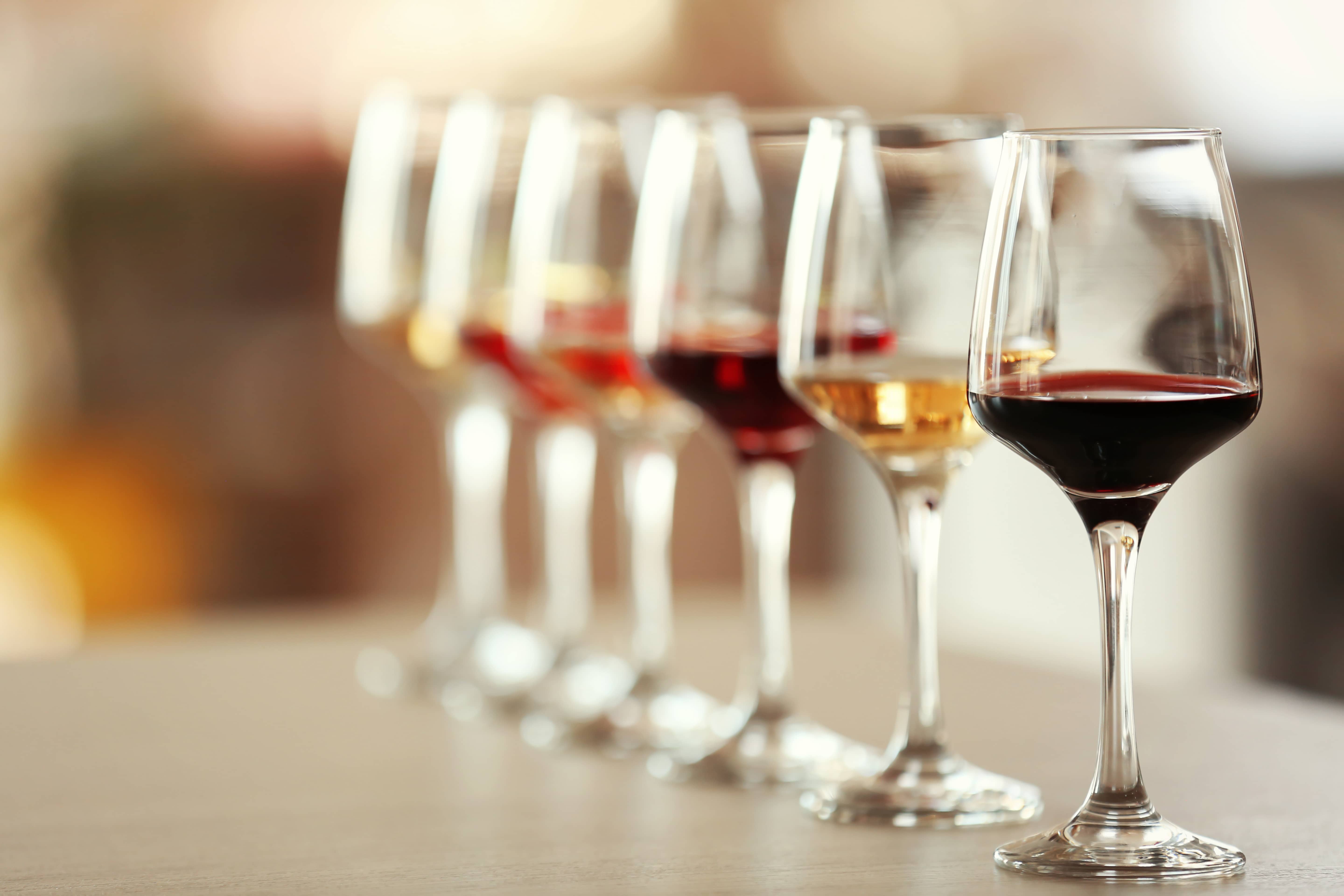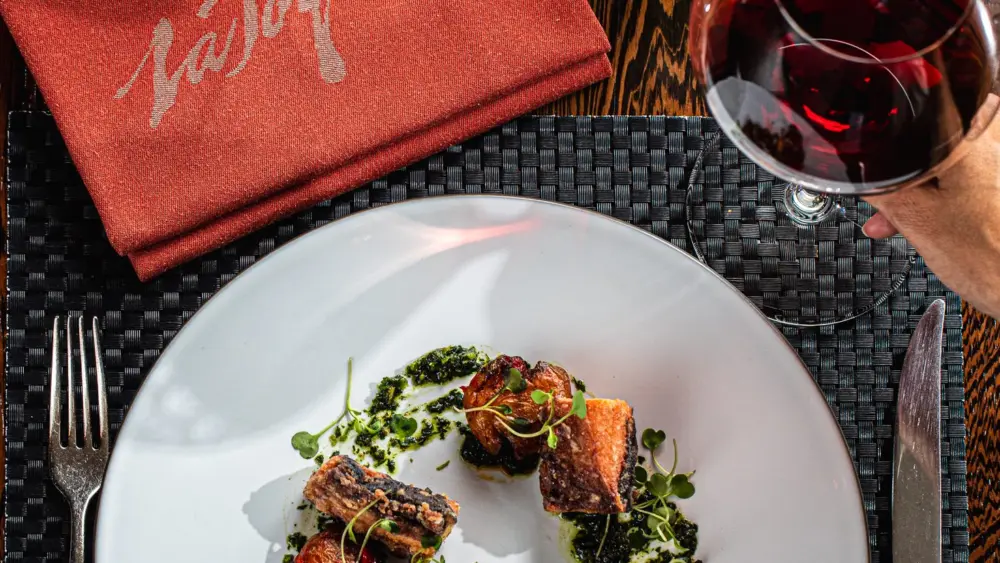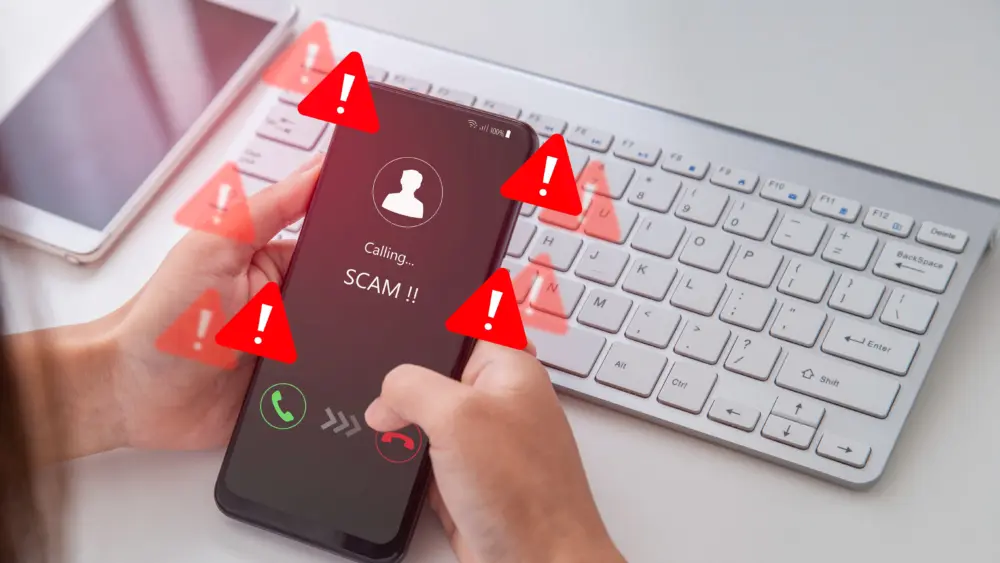
The power of using false health claims to sell everything from cocaine mixed with wine to
cigarettes and cereal is nothing new. And for the last few decades the temptation to link the
consumption of wine with positive health outcomes has been too tempting for many in the
industry to resist. The idea was to convince the public that drinking a glass or two of wine a day
was not only pleasurable but was also a kind of magic health elixir that might reduce the risk of
everything from cancer to heart disease, as well as improve cognition.
“Let food be thy medicine and medicine be thy food,” Hippocrates said some 2,500 years ago,
and marketers have been taking his advice ever since. In 1897, C.W. Post called Grape-Nuts
“food for brain and nerve centers.” By the early 1900s Kellogg claimed that eating cornflakes in
the morning reduced immoral sexual urges. In the 1920s and ’30s cigarettes were marketed as
“doctor-recommended” and handed out as free samples by medical professionals. Today nearly
all foods and beverages make some sort of health claim, and nearly all of them are false.
Torches of Freedom
In the late 19th and early 20th centuries tobacco companies made a number of health claims to
promote their products. These included helping with digestion, weight loss, sore throats and
asthma, preventing or even curing tuberculosis, improving mental performance and relaxing the
nervous system. Smoking was also heralded as a way to gain equal rights for women.
In the early 20th century Edward Bernays, a public relations specialist, launched his “Torches of
Freedom” campaign with the goal of breaking down the social taboo against women smoking in
public. At that time smoking was seen as a male activity, and women who smoked in public were
often viewed as immoral or promiscuous. Linking smoking to women's liberation, Bernays
tapped into the growing feminist movement and created a new market for tobacco companies. In
1929 he hired a group of young women to march in the New York City Easter parade while
smoking cigarettes and carrying banners that read "torches of freedom.” It worked. Whereas only about 5% of women in the United States smoked in 1929, by the mid-1960s that had grown to more than 40%.
Vin Marian
For thousands of years the indigenous people of the Andean region of South America—where
the coca plant is native—had chewed the plants’ leaves or brewed them into tea to provide
energy, combat altitude sickness and relieve hunger and fatigue. In 1855 a German chemist
named Friedrich Gaedcke first extracted the active ingredient from the coca plant and called it
cocaine.
By 1863 Angelo Mariani—an Italian-French chemist and businessman—had developed a new
beverage that mixed the powerful new stimulant with wine. He called it “Vin Marian,” and the
tonic became an overnight success. Widely promoted for its supposed health benefits—including
its ability to boost energy, improve digestion and relieve nearly all known ailments—the powerful elixir was eagerly adopted by notable figures such as Pope Leo XIII, Thomas Edison,
Queen Victoria, Arthur Conan Doyle and Jules Verne.
Noticing the success, an American, Dr. John Pemberton of Atlanta, created his own version of
Vin Marian, which he called Pemberton's French Wine Coca. Like Mariani before him,
Pemberton touted his new drink as a magic cure for everything from headaches and neuralgia to
melancholy and hysteria. However, by the late 1880s—driven by a growing anti-alcohol
movement spreading across the country—the wine was removed as an ingredient and replaced
instead with a heaping amount of sugar. Pemberton also changed the name to “Coca-Cola: The
temperance drink.”
By the early part of the 20th century it was becoming clear that cocaine was not the magic cure
that its proponents had claimed, and by 1914 the United States had passed the Harrison Narcotics
Tax Act, which required individuals and companies dealing in cocaine and opiates to register
with the government and pay a tax on their sales and distribution. Reading the writing on the
wall, Pemberton replaced the cocaine in his drink with caffeine; however, the health claims
continued for decades.
The problem with health claims
As a scientist turned vintner turned columnist, I am skeptical of anyone telling me that something
is “healthy.” The problem with such claims is that it is impossible to be 100% certain of any such
statement, and an error could result in harm. Therefore, the wine industry must drop all health
claims and embrace the reality that wine (and every other type of alcohol) is an adult beverage
that is an addictive intoxicant. It has brought pleasure to millions but ruin to others.
Author
-

Tim Carl lives, writes and teaches in Calistoga. He grew up in St. Helena and traces his Calistoga grape-growing roots back five generations. You can reach him at tcarl@northbaybiz.com.
View all posts




425 thoughts on “Wine Industry Must Avoid Untrue Health Claims”
Well I really liked studying it. This post procured by you is very helpful for good planning.
I really appreciate this post. I’ve been looking everywhere for this! Thank goodness I found it on Bing. You have made my day! Thanks again
It’s really a nice and helpful piece of info. I’m glad that you shared this helpful information with us. Please keep us up to date like this. Thanks for sharing.
Well I really enjoyed reading it. This post provided by you is very practical for good planning.
F*ckin’ awesome things here. I am very glad to see your post. Thanks so much and i’m having a look forward to touch you. Will you please drop me a e-mail?
Some really good info , Gladiola I detected this. "Perfect valor is to behave, without witnesses, as one would act were all the world watching." by La Rochefoucauld.
You really make it seem so easy with your presentation but I find this topic to be actually something that I think I would never understand. It seems too complicated and extremely broad for me. I’m looking forward for your next post, I will try to get the hang of it!
You have brought up a very fantastic details, thanks for the post.
Regards for helping out, fantastic information.
Hello. Great job. I did not imagine this. This is a splendid story. Thanks!
You actually make it seem really easy along with your presentation but I in finding this topic to be actually one thing that I believe I might never understand. It sort of feels too complicated and very vast for me. I’m having a look ahead on your next post, I will attempt to get the hold of it!
I have fun with, cause I discovered just what I used to be having a look for. You’ve ended my four day lengthy hunt! God Bless you man. Have a nice day. Bye
Some genuinely excellent info , Glad I observed this. "With silence favor me." by Horace.
Thanks for the sensible critique. Me and my neighbor were just preparing to do some research on this. We got a grab a book from our local library but I think I learned more clear from this post. I’m very glad to see such fantastic info being shared freely out there.
Some really wonderful info , Gladiolus I noticed this.
Hi! This post couldn’t be written any better! Reading this post reminds me of my previous room mate! He always kept chatting about this. I will forward this page to him. Pretty sure he will have a good read. Many thanks for sharing!
I love assembling useful information , this post has got me even more info! .
I am forever thought about this, thankyou for putting up.
Your house is valueble for me. Thanks!…
I am continuously invstigating online for ideas that can benefit me. Thx!
Some truly fantastic information, Glad I noticed this.
F*ckin¦ amazing things here. I¦m very happy to see your post. Thank you so much and i’m taking a look forward to contact you. Will you kindly drop me a e-mail?
Great awesome things here. I am very happy to see your post. Thank you a lot and i’m taking a look ahead to touch you. Will you please drop me a e-mail?
I’ll immediately grab your rss as I can not find your e-mail subscription link or e-newsletter service. Do you have any? Please let me know in order that I could subscribe. Thanks.
Your place is valueble for me. Thanks!…
Pretty! This was a really wonderful post. Thank you for your provided information.
I’m not sure where you’re getting your info, but great topic. I needs to spend some time learning more or understanding more. Thanks for fantastic information I was looking for this info for my mission.
Thanks for another excellent post. Where else could anyone get that type of info in such an ideal way of writing? I’ve a presentation next week, and I am on the look for such information.
Keep working ,great job!
I really like your writing style, superb information, thanks for posting :D. "I hate mankind, for I think myself one of the best of them, and I know how bad I am." by Joseph Baretti.
A lot of of what you state happens to be supprisingly accurate and that makes me ponder the reason why I had not looked at this with this light before. This piece truly did turn the light on for me personally as far as this specific subject goes. However there is actually one particular factor I am not really too comfortable with and whilst I try to reconcile that with the actual core idea of the point, let me observe just what the rest of your subscribers have to point out.Nicely done.
There is noticeably a bundle to find out about this. I assume you made sure good factors in options also.
You could certainly see your skills within the work you write. The world hopes for even more passionate writers like you who are not afraid to mention how they believe. All the time follow your heart. "In America, through pressure of conformity, there is freedom of choice, but nothing to choose from." by Peter Ustinov.
It is in reality a great and useful piece of info. I’m satisfied that you just shared this useful information with us. Please keep us up to date like this. Thanks for sharing.
You are a very intelligent individual!
I enjoy your piece of work, thankyou for all the good content.
wonderful post, very informative. I wonder why the other experts of this sector don’t notice this. You should continue your writing. I am confident, you have a great readers’ base already!
Thanks for all your efforts that you have put in this. very interesting info .
I wish to voice my gratitude for your kindness giving support to people who really want guidance on this concern. Your special dedication to passing the solution across has been definitely important and has usually enabled others just like me to achieve their objectives. Your own valuable guide means a whole lot a person like me and somewhat more to my peers. Thanks a lot; from everyone of us.
I am continually invstigating online for posts that can assist me. Thanks!
I like this post, enjoyed this one regards for putting up. "To affect the quality of the day that is the art of life." by Henry David Thoreau.
Excellent post but I was wondering if you could write a litte more on this subject? I’d be very grateful if you could elaborate a little bit further. Appreciate it!
Nice read, I just passed this onto a friend who was doing some research on that. And he just bought me lunch since I found it for him smile So let me rephrase that: Thank you for lunch!
Exactly what I was searching for, appreciate it for posting.
Excellent read, I just passed this onto a friend who was doing a little research on that. And he just bought me lunch because I found it for him smile So let me rephrase that: Thanks for lunch! "There are places and moments in which one is so completely alone that one sees the world entire." by Jules Renard.
It is in reality a great and helpful piece of info. I am satisfied that you simply shared this useful information with us. Please stay us up to date like this. Thanks for sharing.
There is apparently a bunch to identify about this. I think you made certain nice points in features also.
excellent post.Never knew this, thanks for letting me know.
Hey, you used to write wonderful, but the last few posts have been kinda boring?K I miss your super writings. Past few posts are just a little bit out of track! come on!
Thank you for the sensible critique. Me and my neighbor were just preparing to do some research about this. We got a grab a book from our area library but I think I learned more from this post. I’m very glad to see such great info being shared freely out there.